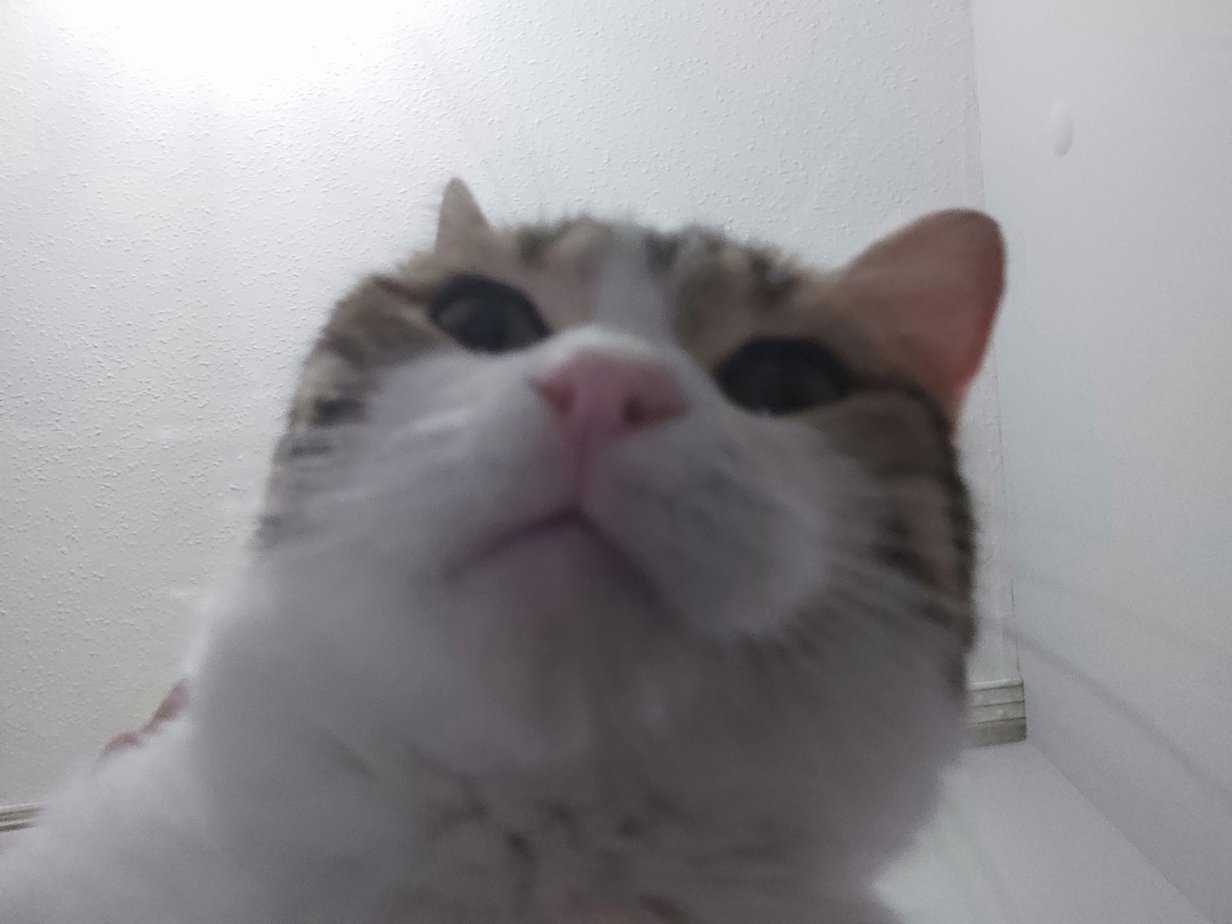Understanding Cats: A Comprehensive Guide
Cats are beloved pets around the world, known for their independence, playful personalities, and affectionate nature. Whether you’re a new cat owner or an experienced cat lover, understanding the needs of your feline companion is crucial to ensuring their well-being and happiness. In this guide, we’ll explore everything you need to know about cats, including their behavior, nutrition, health, and more.
The Basics of Cat Behavior
Cats are known for their independent nature, but that doesn’t mean they don’t crave attention and affection from their owners. Cats communicate through a variety of different vocalizations and body language, and it’s important to understand what your cat is trying to tell you. Some common cat behaviors include:
- Purring: Cats purr when they’re happy, content, or even injured. A cat’s purr is believed to have a calming effect on both the cat and its owner, and can be a sign that your cat is feeling relaxed and comfortable.
- Meowing: Cats meow to communicate with their owners. Adult cats typically don’t meow at other cats, but they may meow at their owners to get attention, ask for food, or express other needs.
- Kneading: Cats knead with their paws when they’re feeling relaxed and content. This behavior is often seen when a cat is being petted or cuddled, and is thought to be a sign of affection.
- Scratching: Cats scratch to mark their territory, remove the dead outer layer of their claws, and to stretch their muscles. It’s important to provide your cat with a scratching post or other appropriate scratching surface to prevent them from scratching on furniture.
- Flicking tail: Cats will often flick their tails when they are agitated or excited. This can be a sign that your cat is ready to play or hunt, or that it is feeling threatened.
Feeding Your Cat: The Importance of Proper Nutrition
Proper nutrition is essential for a cat’s health and well-being. Cats are obligate carnivores, which means that they require a diet high in protein and fat, and low in carbohydrates. Some common cat foods include:
- Dry food: Dry cat food is a convenient and affordable option for cat owners. It’s also a good choice for cats who need to maintain a healthy weight, as it’s relatively low in calories.
- Wet food: Wet cat food is a good choice for cats who need to increase their water intake, or for cats who have dental problems.
- Canned food: Canned cat food is a good choice for cats who have health problems, such as kidney disease, that require a special diet.
When choosing a food for your cat, it’s important to read the ingredient list and choose a food that is high in protein and low in carbohydrates. Avoid foods that contain fillers, such as corn, wheat, and soy, as well as artificial preservatives, colors, and flavors.
Cat Health: Common Health Issues and How to Prevent Them
Cats are generally healthy animals, but like all living creatures, they are susceptible to a variety of health issues. Some common health problems in cats include:
- Dental problems: Dental problems are common in cats, especially as they age. Regular dental check-ups and cleanings can help prevent dental issues, as well as providing your cat with dental chews and toys to keep their teeth clean.
- Obesity: Obesity is a common problem in cats, and can lead to a variety of health problems, including diabetes, heart disease, and arthritis.
- Parasites: Cats can be susceptible to a variety of parasites, including fleas, ticks, and worms. Regular parasite prevention treatments and check-ups can help protect your cat from these harmful invaders.
- Upper respiratory infections: Cats are prone to upper respiratory infections, which can cause symptoms such as sneezing, coughing, and runny nose. These infections are highly contagious and can be spread easily from cat to cat.
- Kidney disease: Kidney disease is a common problem in older cats, and can lead to a variety of health problems. Regular check-ups and a special diet can help manage this condition.
In order to keep your cat healthy, it’s important to provide them with regular veterinary check-ups, proper nutrition, and a clean and safe living environment. Additionally, providing your cat with plenty of exercise and mental stimulation can help keep them physically and mentally fit.
Bir önceki yazımız olan 5800X VS 5900X başlıklı makalemizi de okumanızı öneririz.
